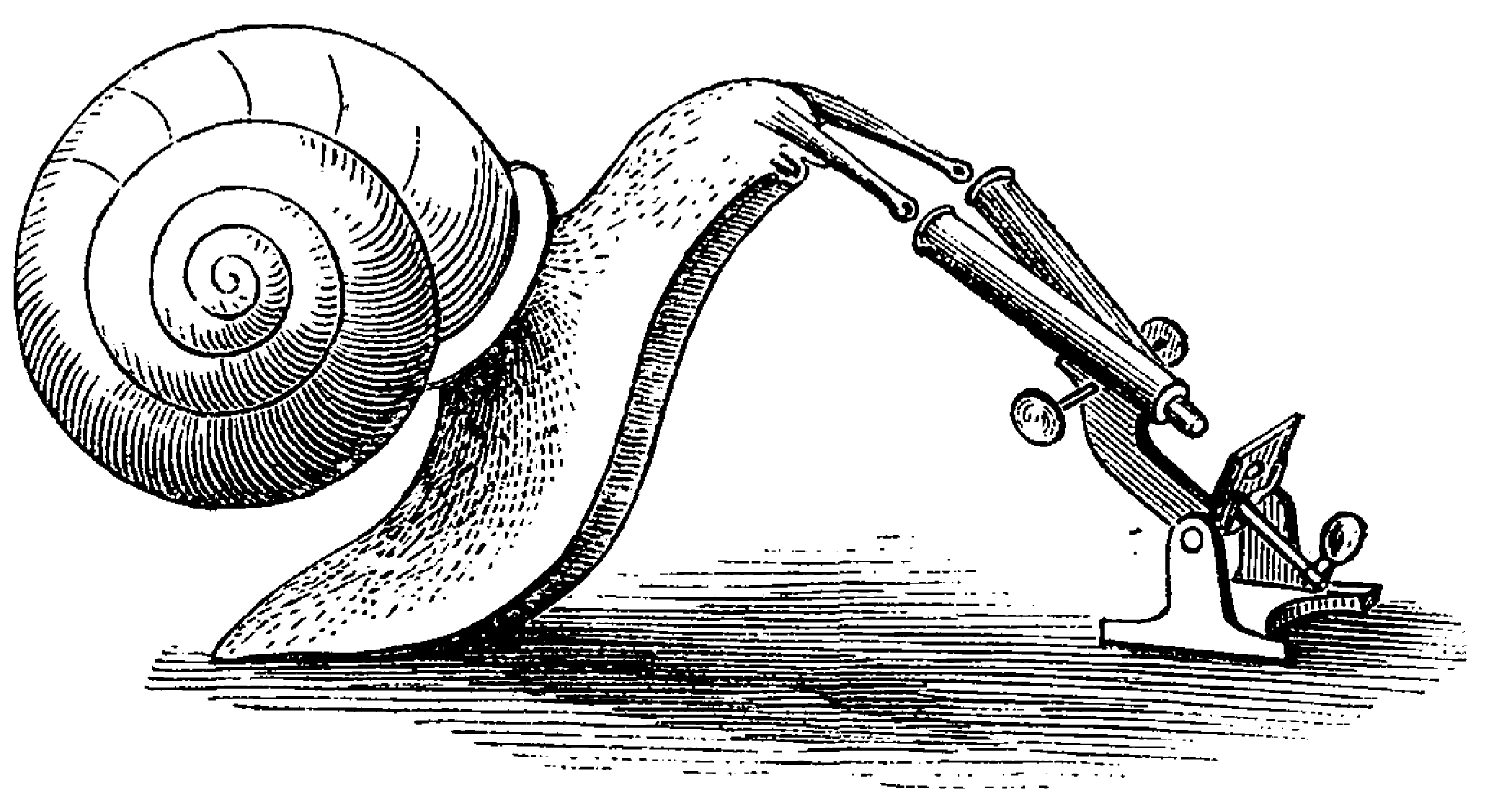The American Society of Naturalists is the oldest scientific society dedicated to the study of ecology, evolution, and behavior. The goal of the society is to advance and to diffuse knowledge of organic evolution and other broad biological principles so as to enhance the conceptual unification of the biological sciences.
What Is a Naturalist?
"A naturalist can draw on a deep and broad familiarity with one or more groups of organisms or ecological communities in order to inspire ideas, evaluate hypotheses, and intelligently design research with an awareness of organisms' special peculiarities. Even more, perhaps, a naturalist is inexhaustibly fascinated by biological diversity and does not view organisms merely as models or vehicles for theory but rather as the raison d'etre for biological investigation."
--Douglas Futuyama, "Wherefore and Whither the Naturalist?" American Naturalist (1998) 151:2
The American Naturalist is the official publication of the American Society of Naturalists.
The American Naturalist was first published in 1867, when four men, veterans of the American Civil War and former students of Louis Agassiz at Harvard's Museum of Comparative Zoology, created a journal that would unite the serious study of organisms in their environments with the development of theory, especially Charles Darwin's newly published ideas about evolution.
The American Society of Naturalists was formed in 1883 when two of the editors of The American Naturalist joined with others to form a society devoted to cultivating conversation across discplines. Later, as science became more specialized and professionalized, and as more narrowly focused societies broke off from the ASN, members of the ASN affirmed the importance of a society who mission was to promote conceptual unification in the biological sciences. In 1950, the ASN assumed full editorial control of the journal.
The American Society of Naturalists has kept its original name, but it is an international society. A third of the membership lives outside the United States, and more than half of the submissions to the journal come from authors in 45 other countries. Institutions in 42 countries subscribe to the journal; in addition institutions in over 100 emerging nations receive the journal at no cost or at a deep discount. The 2007 annual meeting was in New Zealand, the 2012 meeting was in Canada, the 2015 meeting will be in Brazil, and the 2018 meeting will be in France.
Promoting the Conversation in the ASN
- Stand-Alone meetings on themes across ecology, evolution, and behavioral biology
- Vice Presidential symposia publishing themed issues across ecology, evolution, and behavioral biology
- ASN symposia presenting synthetic issues in evolution, ecology, and behavior at the annual meetings and at ESA
- Graduate Student Travel Awards supporting travel to annual meetings
- Graduate Student Workshops focused on issues like methods integrating data and theory and science communication skills
- Graduate Student Research Awards to support research incorporating conceptual integration
Honoring Those Who Advance the Goals of the Society
- Honorary Lifetime Membership, honoring scientists whose careers epitomize the goals of the society
- Conceptual Unification award, honoring a senior but still active researcher making fundamental contributions
- Distinguished Naturalist Award, honoring an active investigator in mid-career who has made significant contributions to the knowledge of a particular ecosystem or group of organisms
- Early Career Investigator Award, recognizing outstanding and promising work by investigators who received their doctorate degrees within the three years preceding the application deadline
- Outstanding Student Poster Award, recognizing an outstanding poster presented by a student member at the meetings of the ASN
- Presidential Award, honoring an outstanding article published in The American Naturalist in the previous year
- The American Naturalist Student Paper Award, honoring stuent work published in The American Naturalist that represents the goals of the ASN
